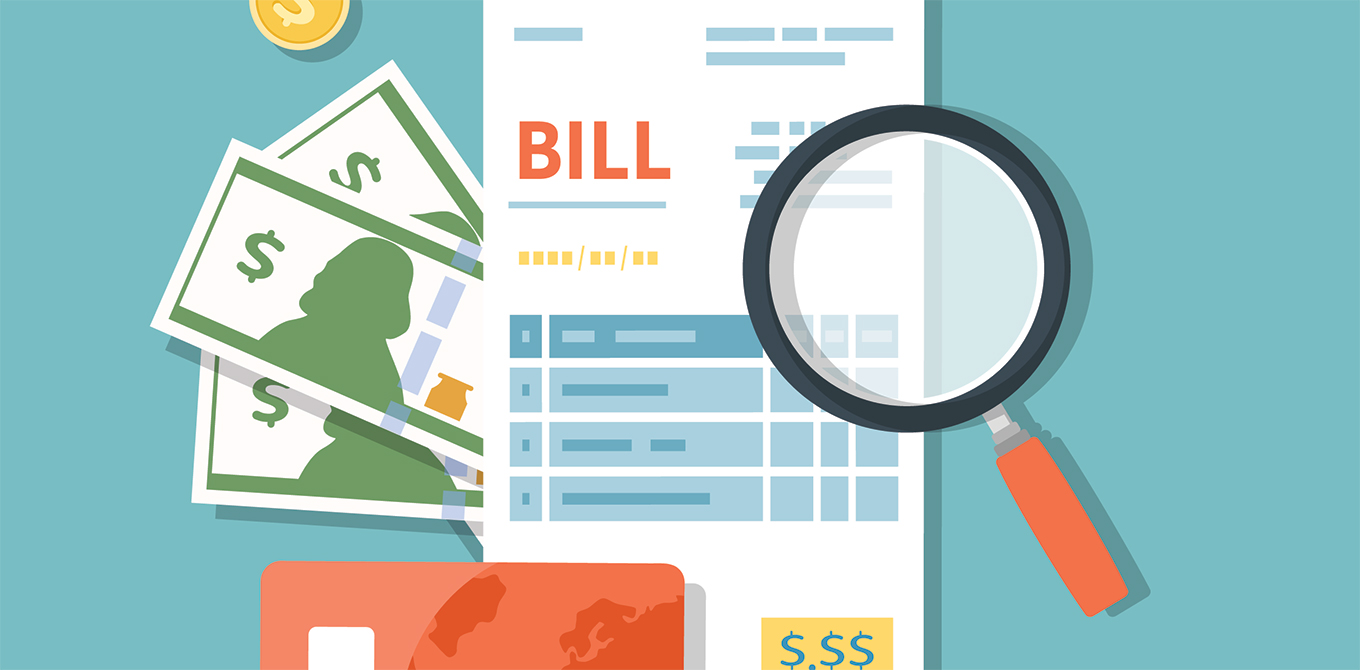5 Ways to Enjoy Your Weekend Getaway (and Maintain Your Budget)
The cost of traveling has increased, but it's still possible to plan a fun and budget-friendly weekend away to hit your reset button.
Use these tips and avoid budget busters with a little pre-trip preparation and stay safe while doing it.
1. Research your destination.
Identify good local places to eat to avoid overpriced meals and research attractions to visit so you can purchase any required tickets ahead of time. If visiting a city, consider checking out the public transit system to get around and avoid spending too much on taxis. Lastly, make sure you check the weather so you're not shopping for last-minute sweatshirts, umbrellas, or sunscreen. And while most things have returned to normalcy, COVID-19 continues to effect some aspects of travel. Visit the CDC’s website to follow their guidelines and view cases for your planned destination. It’s also a good idea to visit state or local government, or national and state park websites to ensure you understand restrictions that may be in place.
2. Pack snacks.
Avoid stopping for fast food or snacks at convenience stores or airports—places that are notoriously overpriced and crowded. Instead, stash some healthy snacks and drinks in your bag so you'll be good to go until you reach your destination (and your money will stay in your wallet, where it belongs). Less stops along the way also means less contact with more people – if you do need to stop, be mindful of any social distancing guidelines (6 feet apart) that may be in effect.
3. Prep and pack ahead of time.
Do any necessary shopping for groceries and toiletries before reaching your destination. Pack plenty of supplies so you’re not shopping during your trip, grocery prices are increasing across the U.S. and could be higher in popular vacation spots. Gas prices are also increasing and typically tend to increase right before a popular or holiday weekends. If you're planning a road trip, you can avoid the price hike by filling up earlier in the week. Also, check your tire pressure and pack whatever you can inside the car (versus on the roof) to maximize your fuel efficiency while on the road.
4. Set expectations with travel companions.
Are nice dinners and guided tours on the agenda, or will you just relax on the beach with a good book? If you're traveling with others, it's important to discuss trip expectations and expenses to make sure everyone is on the same page. Make sure you discuss specific costs as well —if you're doing the driving, there's no shame in asking passengers to pitch in for gas money. Make sure everyone has a payment app ready to go so you can repay each other immediately rather than trying to keep track throughout the trip. By discussing expectations in advance, you're eliminating potential stressors.
5. Swap childcare or pet care.
It's not really an inexpensive weekend getaway if you're paying for childcare or pet boarding while you're gone. Instead, see if a neighbor or friend can check in on your pets while you're gone (be sure to offer to reciprocate when they need the favor). If you have kids, consider asking your parents, sibling, or close friend to take them for the weekend — many grandparents would enjoy the opportunity, and friends or siblings who have their own children may be willing to swap another weekend with you.
Just a little planning can enhance how relaxing and enjoyable your weekend getaway will be — and you'll you stay on budget.




